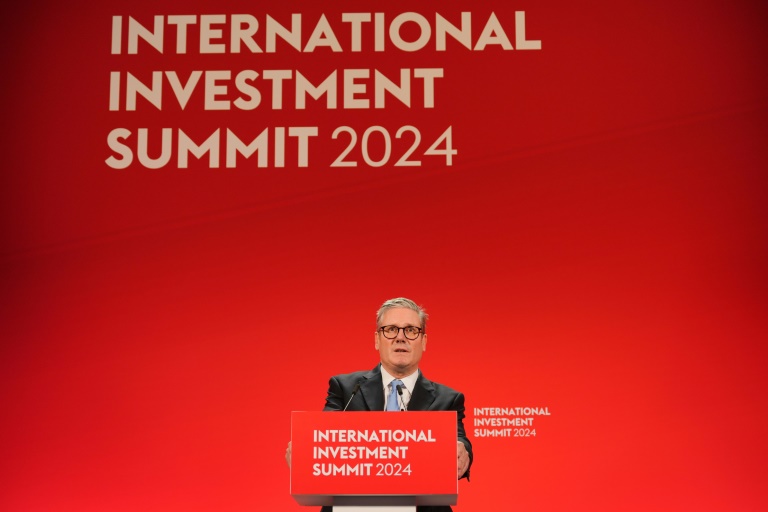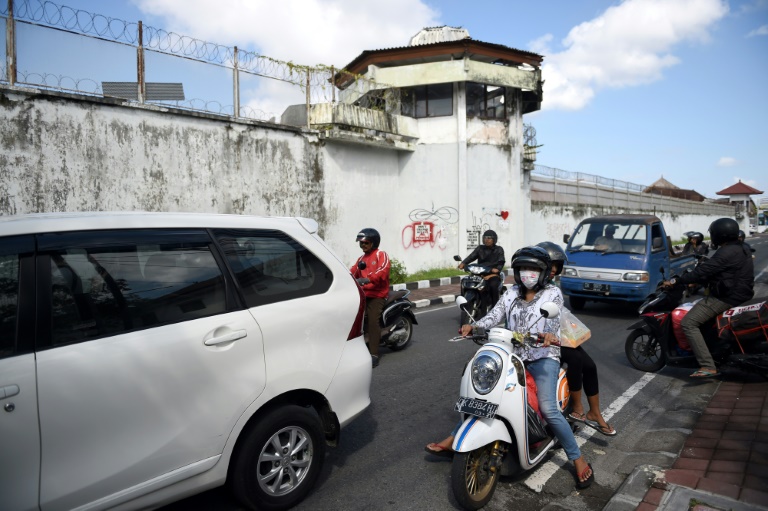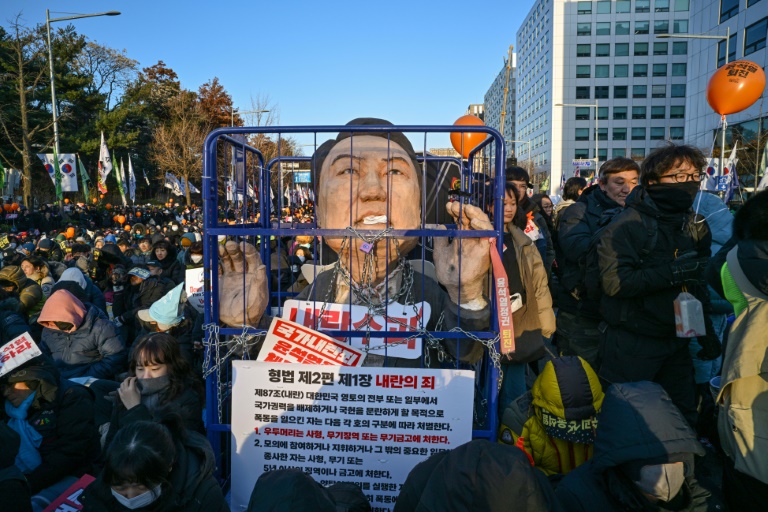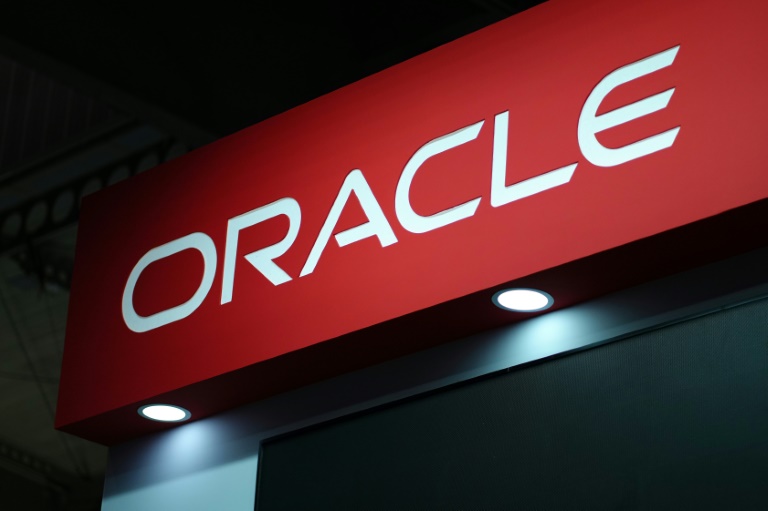Prime Minister Keir Starmer on Monday told global business leaders it was “time to back Britain”, as he hosted a major summit aimed at securing much-needed funds to fuel economic growth after post-Brexit chaos.
Starmer told captains of industry that his recently elected Labour government would “rip out the bureaucracy that blocks investment” and pledged to slash red tape.
The premier — treading a tricky path to be both pro-business and also pro-worker, with a series of new workplace safeguards for employees — has placed great importance on the International Investment Summit in London.
He is hoping that the announcement of billions of pounds (dollars) of foreign investment in UK projects will overshadow its chaotic build-up.
Starmer won a thumping majority in July’s election but has seen his government’s popularity plummet following a series of missteps, with a recent YouGov poll showing only 18 percent of the public approved of its performance.
The prime minister said his focus is “not the days or hours of the news grid” but on the “golden opportunity” that his electoral mandate presents for delivering his central mission of growing the UK economy.
“Private sector investment is the way we rebuild our country and pay our way in the world. Make no mistake, this is a great moment to back Britain,” Starmer said.
He promised that where regulation is currently “stopping us building the homes, the data centres, warehouses, grid connectors, roads, train lines, you name it, then mark my words — we will get rid of it”.
“We will rip out the bureaucracy that blocks investment,” he added, promising that his administration “will make sure that every regulator in this country” takes growth “as seriously as this room does”.
Starmer said he was “determined to repair Britain’s brand as an open, outward-looking, confident trading nation”.
Ministers are set to announce billions worth of major investment deals in AI, life sciences and infrastructure, having already unveiled GBP24 billion pounds ($31.4 billion) in green energy projects, including GBP12 billion by Spanish giant Iberdrola and GBP8.0 billion by Danish firm Orsted.
The build-up to the summit was dominated by criticism over its organisation, a failure to attract top names and a row involving shipping company P&O’s Dubai owners DP World that put a GBP1 billion investment project in jeopardy.
Sultan Ahmed bin Sulayem, the chairman DP World, threatened not to attend the summit after transport minister Louise Haigh and Deputy Prime Minister Angela Rayner called P&O’s employment practices “unscrupulous” and “exploitative”.
Last-ditch talks with the UK government ensued and DP World revealed that the P&O investment to expand a London container port would go ahead.
While around 200 private sector executives were expected to attend, many multinational bosses and tech titans decided to give it a miss.
Even the opportunity to meet Britain’s head of state King Charles III at the closing reception on Monday evening failed to entice them.
The Financial Times partly attributed the summit’s poor turnout to concerns over its “quality and organisation”.
Five days before the event, the start time and venue had still not been confirmed.
Two foreign companies seeking urgent information were reportedly astonished to receive an “out-of-office” message from the organisers, the business daily said.
Then the highly secret guest list was revealed by mistake, when the organisers sent an email to all confirmed participants without hiding their addresses.
The timing of the summit — two days after Labour clocked its 100th day in office — has also caused unease.
In two weeks’ time finance minister Rachel Reeves delivers Labour’s first budget, when businesses are steeling themselves for a possible rise in capital gains tax.
AFP







